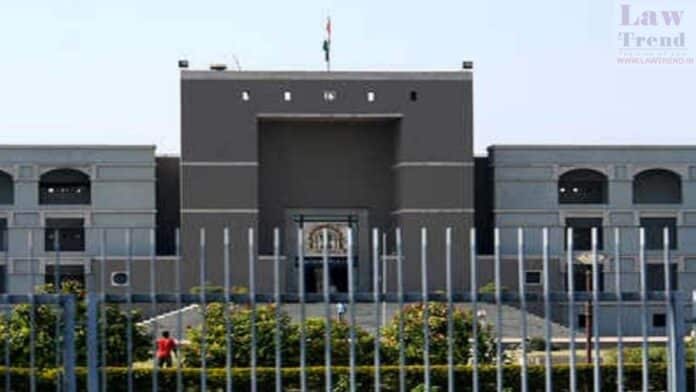The Gujarat High Court on October 14, 2025, commuted the death sentence of a man convicted of murdering his neighbour by setting him on fire, converting it to life imprisonment. The Division Bench of Justice Ilesh J. Vora and Justice P. M. Raval held that the trial court failed to follow established legal principles for
To Read More Please Subscribe to VIP Membership for Unlimited Access to All the Articles, Download Available Copies of Judgments/Order, Acess to Central/State Bare Acts, Advertisement Free Content, Access to More than 4000 Legal Drafts( Readymade Editable Formats of Suits, Petitions, Writs, Legal Notices, Divorce Petitions, 138 Notices, Bail Applications etc.) in Hindi and English.




